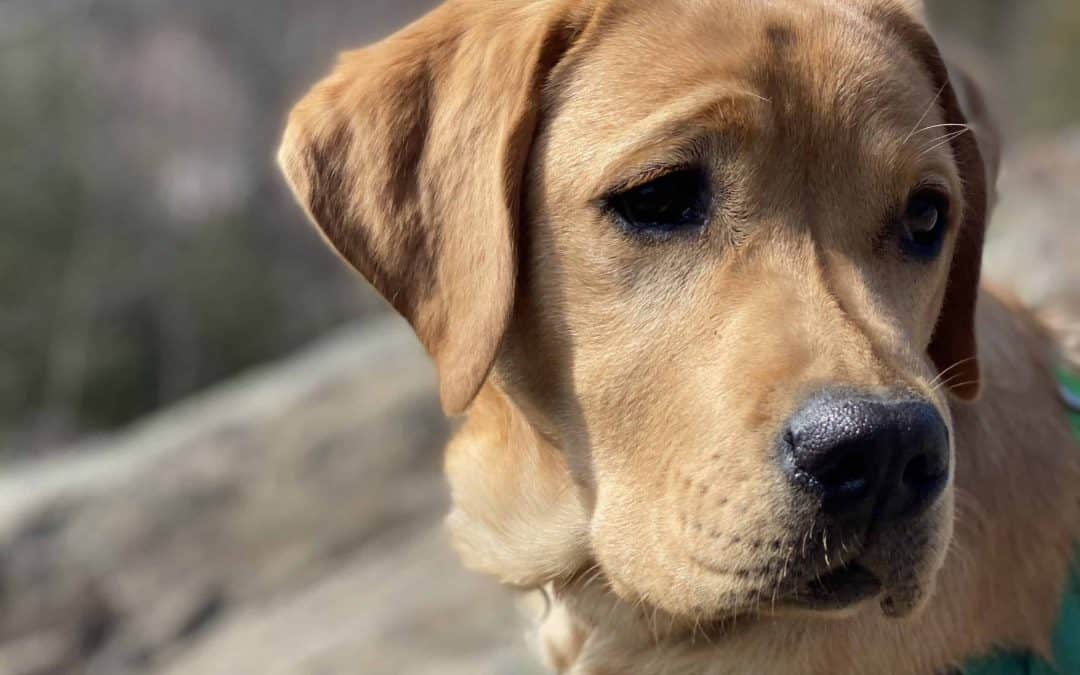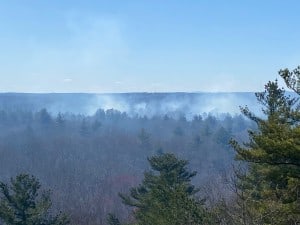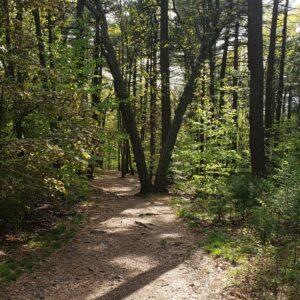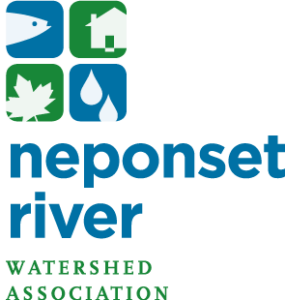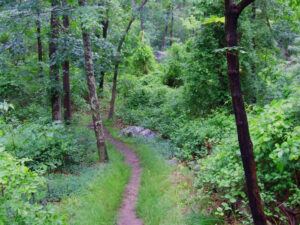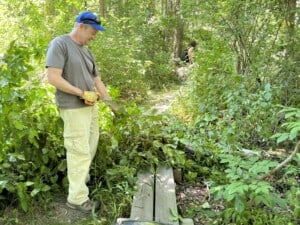The Scoop on Poop
Many thanks to Earthwise Aware for permission to reprint this article.
It’s just one dog! Is dog poop really that bad? How about not using a bag and leaving the dog poop to decompose?
We hear these sorts of comments all the time. The answer? What dogs eat, what their waste carries, and how many dogs visit an area can have a serious impact on all sorts of ecosystems.
What a healthy dog diet actually does to wildlife.
Our dogs don’t have the same diet as wild animals. They don’t eat wild grapes, berries, any native plants, or even wild game. They eat processed food designed and enriched to provide a complete, healthy diet to our lovely companions. This food is nutrient-heavy. Nutrients from pet waste (as well as ours, by the way) throw ecosystems out of balance if that dog poop is not picked up and disposed of properly. Nutrient pollution is a major and widespread problem in the U.S. Nutrients in groundwater can be harmful, even at low levels. Groundwater provides drinking water for millions of people, and children are known to be vulnerable to nitrates (a nitrogen-based compound) in drinking water. Excess nitrogen in the atmosphere can impair our ability to breathe and alter the development of plants. An excess of these nutrients can harm the health of forests, soils, and waterways. In many ecosystems, this excess creates conditions that allow invasive weeds to grow and toxic algae blooms to spread in our streams, rivers, and lakes.
Learn about volunteering for the Poo-lution Solution team to reduce dog waste in the Blue Hills… just by surveying 1/4 mile of a trail twice a month
Parasites & bacteria galore
Another problem with dog poop is that our dogs carry very different bacterial and parasite fauna than wild animals. This fauna is not a problem for dogs – they evolve with that fauna and are immune to it – but that is not the case for wildlife. Dog waste contains high levels of bacteria that are harmful to wild animals (and people). According to the EPA, one gram of dog waste can contain upwards of 23 million fecal bacteria (supposedly as toxic as an oil spill!). When left unchecked (i.e., not scooped and not disposed of appropriately), elements of that toxic soup can make their way to waterways through erosion and rain, contaminating anywhere they pass through.
Over-pooped woods
“It’s just one dog pooping in the woods!” Not really… Our cumulative impact is quite impressive. A few years back, it was reported that about 83 million pet dogs produced about 10.6 million tons of poop every year (across the US), each kilogram or pound adding excess nutrients, foreign parasites, and harmful bacteria to all ecosystems where the waste wasn’t disposed of properly.
Do you want to help wildlife in the Blue Hills by reducing dog waste? Volunteer for the Poo-lution Solution team!
Photo: Leslie MacKinnon (Dorchester)

